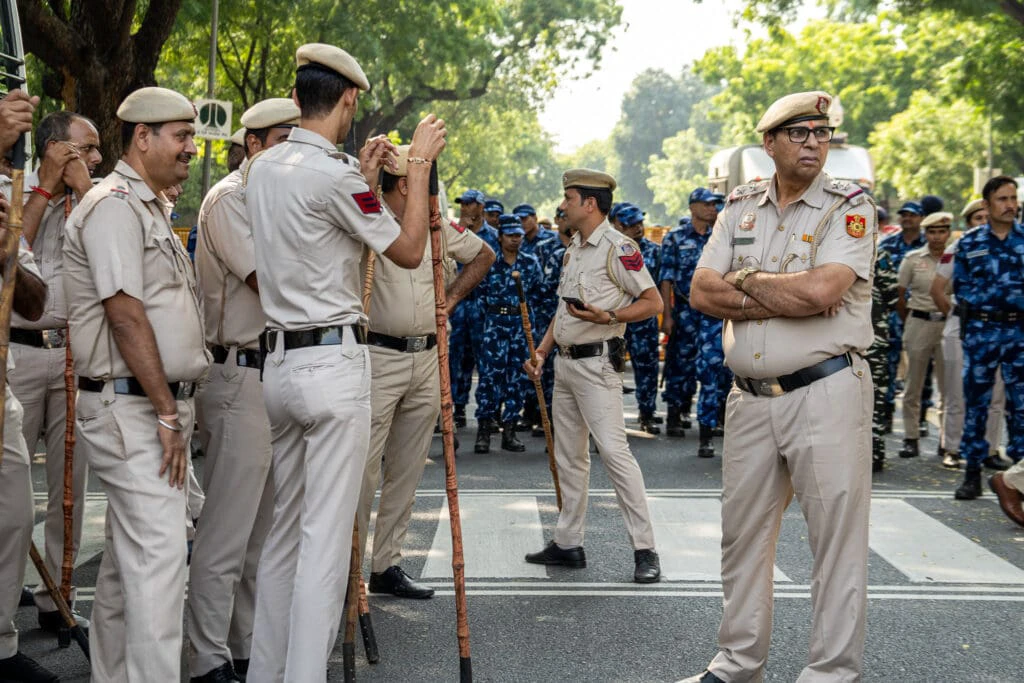Police action that began in Kanpur, Uttar Pradesh, over banners reading “I Love Muhammad” has expanded into a nationwide crackdown, with 21 cases registered and 1,324 Muslims accused, including 38 arrests, according to the Association for Protection of Civil Rights (APCR).
The crackdown started after an initial case was lodged in Kanpur during a Barawafat procession. Protests, demonstrations and “I Love Muhammad” campaigns then spread to multiple states, prompting more police filings.
Uttar Pradesh remains the epicentre, with 16 FIRs and more than 1,000 accused across districts, including Unnao (8 cases, 85 accused, 5 arrested), Baghpat (150 accused, 2 arrested), Kaiserganj (355 accused), Shahjahanpur (200 accused) and Kaushambi (24 accused, 3 arrested).
In Uttarakhand’s Kashipur, police registered one of the largest single cases outside Uttar Pradesh, involving 401 accused and resulting in seven arrests. Gujarat reported cases in Godhra (88 accused, 17 arrests) and Baroda (1 accused, 1 arrest). Maharashtra’s Byculla logged one case with one charged and one arrest. The figures, APCR said, are accurate as of September 23.
Rights groups allege the disproportionate police action reflects systemic bias.
“Targeting people for expressing their love and respect for the Prophet is a gross violation of fundamental rights. Peaceful religious expression should never be criminalised,” said Nadeem Khan, national secretary of APCR.
“The expression of devotion to the Prophet and religion in particular has been criminalised. Peaceful demonstrations are being turned into law-and-order problems, targeting Muslims in masses”, Khan said to Maktoob.
The rapid filing of FIRs has triggered calls for judicial scrutiny, with lawyers asserting that banners and peaceful slogans cannot constitute a cognizable offence.
“There is no legal basis to criminalise a banner or peaceful slogans,” said Mohammad Imran Khan, a lawyer associated with APCR who is representing individuals booked in the Kanpur case. “Filing FIRs against hundreds of people in the name of law and order is excessive and raises serious questions about proportionality and bias.”
APCR said it plans to seek judicial intervention, either through a writ petition in the Supreme Court or a Public Interest Litigation.
